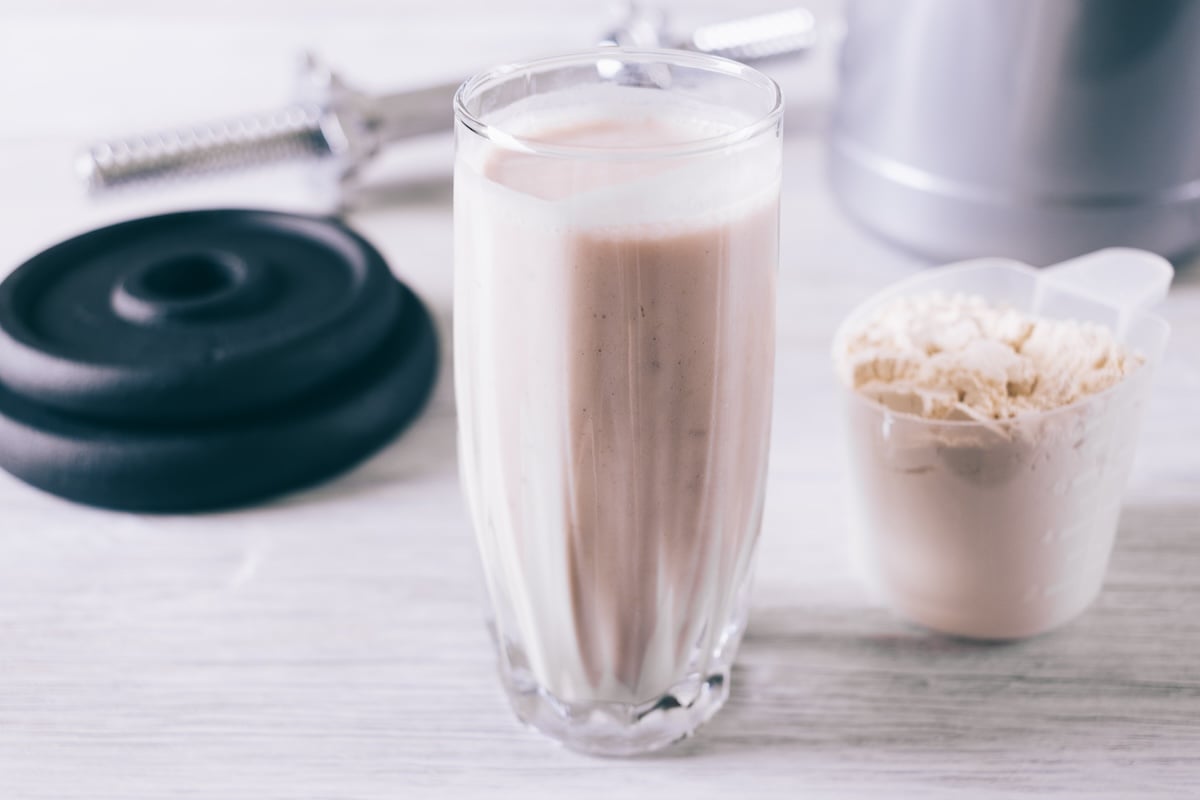
Could eating more fiber be the key to a healthier gut? Research suggests the answer is yes. The findings, published recently in the journal Nature Microbiology, analyzed gut microbiomes from more than 12,000 people in 45 countries. It found that individuals with higher levels of beneficial gut bacterium called Faecalibacterium also had fewer harmful bacteria… read on > read on >






























